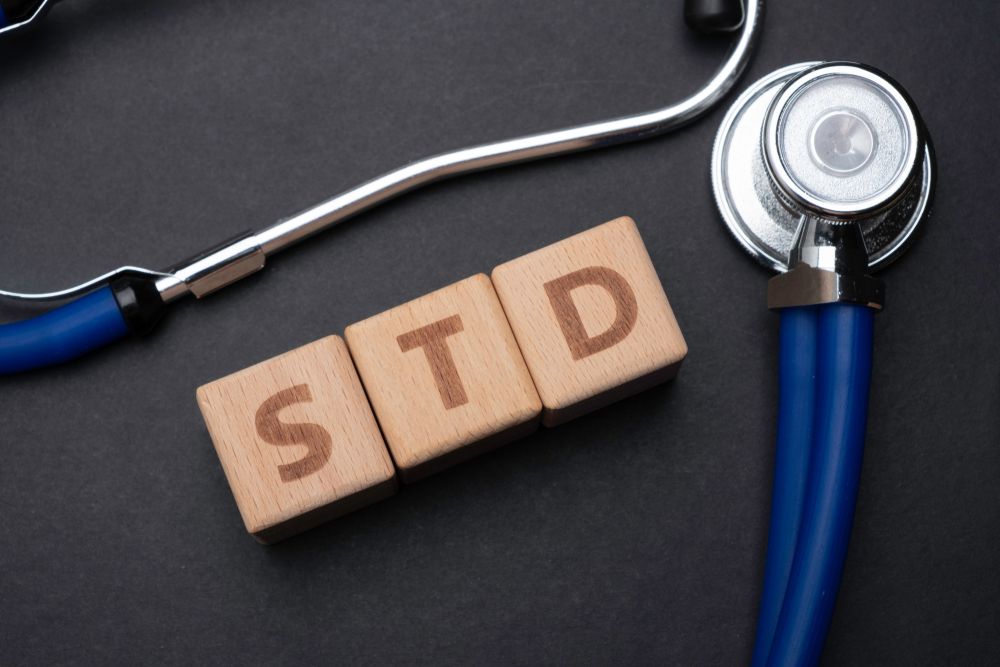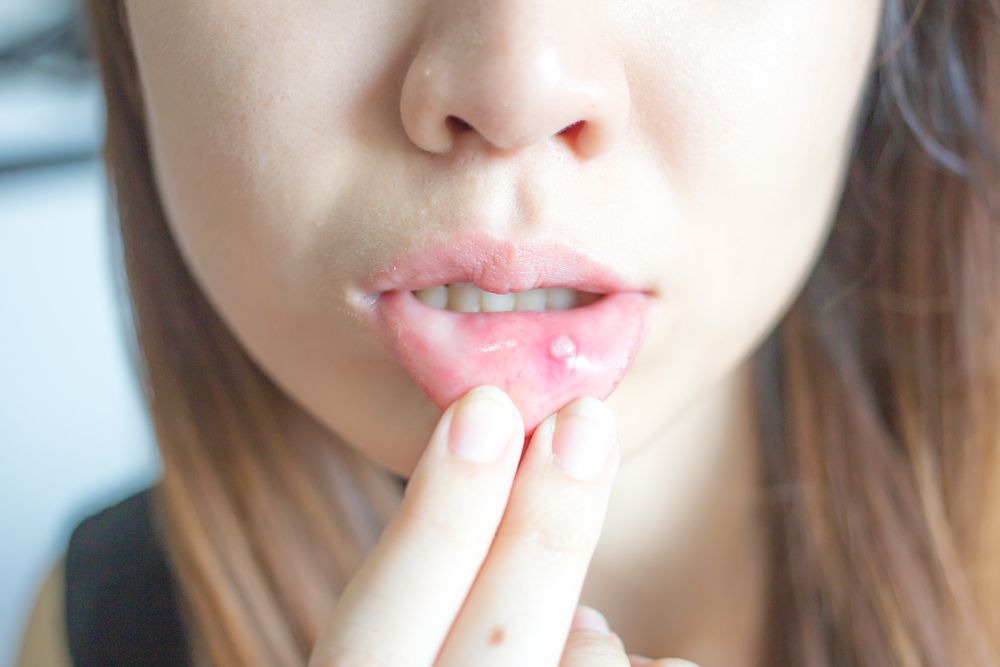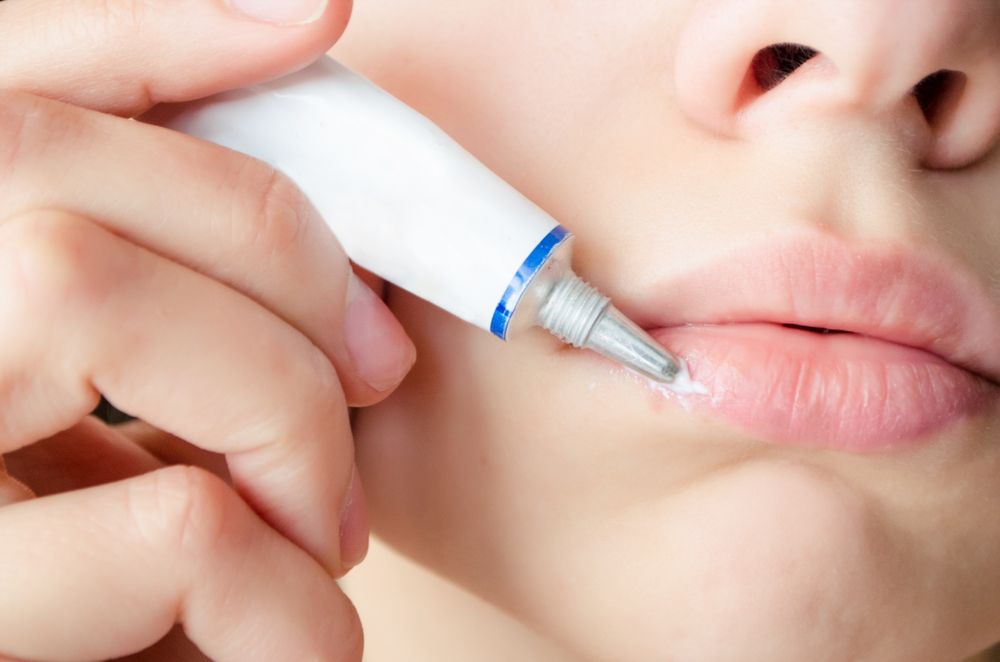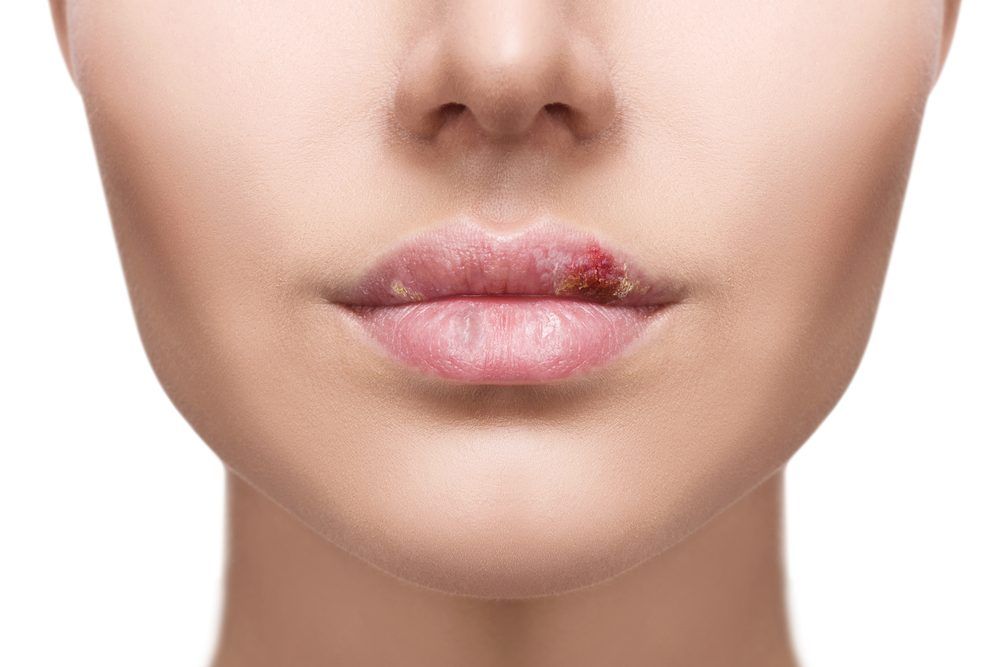Vaginal herpes is a form of genital herpes, either HSV-1 or HSV-2, which affects the area in and around the vagina. (Learn More) Like other types of herpes, it is very infectious and requires a diagnosis from a medical professional, so you can get treatment and suppress symptoms. (Learn More)
While vaginal herpes is a chronic condition, you may not experience many outbreaks over your life. How you take one of the three main antiviral drugs will depend on how often your outbreaks occur and how severe symptoms are when they appear. (Learn More)
The medication your doctor prescribes will be based on which virus is associated with your vaginal herpes, how frequent your outbreaks are, and how you react to side effects. (Learn More)
What Is Vaginal Herpes?
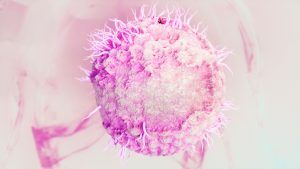
Vaginal herpes is a form of herpes simplex 1 or 2, or genital herpes, that occurs specifically in and around the vagina. Anyone who is sexually active is at risk of contracting genital herpes.
After the first outbreak, many people do not experience symptoms. However, this does not mean that the virus cannot cause problems, and it can still be spread to other sexual partners.
About one out of every six people, between the ages of 14 and 49, has genital herpes. This is approximately 50 million people.
Either HSV-1 or HSV-2 can cause genital herpes. Herpes simplex type 1 (HSV-1) is commonly associated with oral herpes, or cold sores, but this virus can be spread to the vagina through oral sex. Herpes simplex type 2 (HSV-2) causes the more common form of genital herpes, which is spread through unprotected genital contact.
The first vaginal herpes outbreak will have the most intense symptoms.
- Feeling like you have the flu, including shivering, chills, and fever
- Muscle aches and fatigue
- Nausea
- Small fluid-filled blisters or sores in clusters in or around the vagina
- Skin tenderness around the outbreak site
- Stinging or burning feeling during urination
- Itching, burning, or pain in the infected area
The first outbreak may last as long as two to four weeks, during which time the sores will open and burst, releasing fluid and causing scabs or crusty areas. After the sores open and burst, the skin will heal without scarring.
Signs of another outbreak beginning may include itching, burning, or tingling at the site. You may experience pain in the lower back, buttocks, thighs, or knees. Within a few hours to one day, sores will appear, but after the first outbreak, they will always heal quickly — usually within three to seven days. Outbreaks occur most often in the first year of infection, but they will become less frequent, severe, and painful over time.
If you think you have vaginal herpes, it is important to get a test to determine if this is the cause of sores or other symptoms. An appropriate diagnosis means you can get proper treatment for this condition.
How Is It Diagnosed?
When you go to the doctor for a diagnosis of a potential herpes outbreak, your doctor may take samples for various laboratory tests. If you have an active outbreak of sores, your doctor will take a sample or scraping of the sores to examine in a lab; this is called a viral culture. If you do not have an active outbreak, your doctor will take a blood sample to test for HSV antibodies and ask you about symptoms you have experienced in the past.
If you are diagnosed with vaginal herpes, this is a skin condition affecting your genitals that you will have for the rest of your life. There is no cure or vaccine for HSV-1 and HSV-2, but there are several approaches to managing the condition, so it does not affect your quality of life. These include prescription medications.
Prescription Antiviral Medications to Treat Vaginal Herpes
Two common antiviral prescriptions used to treat herpes are:
- Acyclovir (Zovirax). This antiviral medication helps to decrease pain and speed up healing of sores or blisters associated with varicella (chickenpox), herpes zoster (shingles), and genital herpes, including vaginal herpes. This medication can be taken as needed, when outbreaks are rare, to suppress symptoms, or it can be taken regularly to suppress more frequent outbreaks. Acyclovir may be prescribed to reduce symptoms and speed healing during the first vaginal herpes outbreak since that initial outbreak can last as long as a month.
It comes as a tablet, capsule, or liquid suspension, and these are all taken orally. The drug may be taken between two and five times per day, with or without food, for 5 to 10 days. If you have a prescription for acyclovir to manage acute symptoms of occasional outbreaks, take it as soon as symptoms begin. When preventing chronic, regular outbreaks, acyclovir may be taken two to five times per day for up to 12 months. Then, your doctor will reassess the medication’s effectiveness.
The following side effects are associated with acyclovir:- Upset stomach, nausea, or vomiting
- Diarrhea
- Dizziness
- Fatigue
- Agitation or restlessness
- Pain, especially in the joints
- Changes in vision
- Hair loss

If you experience symptoms of an allergic reaction like hives, swelling in the face or throat, redness, and feeling like you cannot breathe, call 911 and get emergency medical attention. It is possible to overdose on this drug, so do not take more of it than your doctor prescribes.
- Valacyclovir (Valtrex): This medication has similar uses as acyclovir, although it may be prescribed for slightly different forms of the herpes virus. Prescription uses include shingles, vaginal or genital herpes, cold sores (HSV-1 on the lips or in the mouth), and chickenpox symptoms.
Valacyclovir is available as a tablet, but not a capsule or liquid medication. In the body, valacyclovir is metabolized into acyclovir, but some people respond better to this specific form of the drug compared to others.
Valtrex works best as a management of acute vaginal herpes symptoms when it is taken 48 hours after the first outbreak. These initial indications may include pain, itching, or flu-like symptoms.
Your doctor will inform you how long to take this medication, but when taking it for acute symptoms on an as-needed basis, be sure to take the complete cycle even if symptoms have gone away. Do not miss any doses, which will typically be once a day but may be twice per day.
Like acyclovir, Valtrex may also be prescribed as a regular, daily dose to suppress symptoms of regular herpes outbreaks. Side effects from Valtrex are similar to those of acyclovir. - Famciclovir (Famvir): Like acyclovir and valacyclovir, Famvir is taken to treat symptoms of shingles, herpes labialis (cold sores), and genital herpes, including vaginal herpes. It is a tablet medication, and it can be taken to help the first outbreak heal; regularly to suppress frequent herpes outbreaks; or as needed to manage symptoms from occasional outbreaks.
When treating occasional genital herpes symptoms, taking this medication six hours after pain, blisters, or other symptoms begin to appear will help to suppress the outbreak so it heals faster. It may be prescribed as a regular, daily prescription to suppress frequent viral outbreaks if you have more than two or three outbreaks per year. Always take this medication as directed by your doctor.
Severe herpes may be treated with intravenous acyclovir or other antiviral therapies if there are emergency medical conditions associated with the virus like brain or spinal cord complications from meningoencephalitis, pneumonia, hepatitis, or disseminated infection from a suppressed immune system. These conditions are very rare and less likely to occur if vaginal herpes is diagnosed soon and treated consistently.
Your Doctor Will Help You Find a Medication That Works for You
While there are apparently few differences between the three primary prescription herpes medications, it is important to have a choice in these drugs, as one approach may work better for your immune system than another. Getting an appropriate diagnosis and treatment will help you find the right prescription to manage vaginal herpes.
References
Genital Herpes – CDC Fact Sheet. (August 28, 2017). Centers for Disease Control and Prevention (CDC).
Genital Herpes: Frequently Asked Questions, Gynecological Problems. (September 2016). The American College of Obstetricians and Gynecologists (ACOG).
Genital Herpes: Diagnosis and Treatment. (October 3, 2017). Mayo Clinic.
Acyclovir. (June 15, 2017). MedlinePlus.
Valacyclovir (Oral Route). (February 1, 2019). Mayo Clinic.
Famciclovir. (February 1, 2019). Mayo Clinic.
Genital HSV Infections. (June 4, 2015). Centers for Disease Control and Prevention (CDC).

